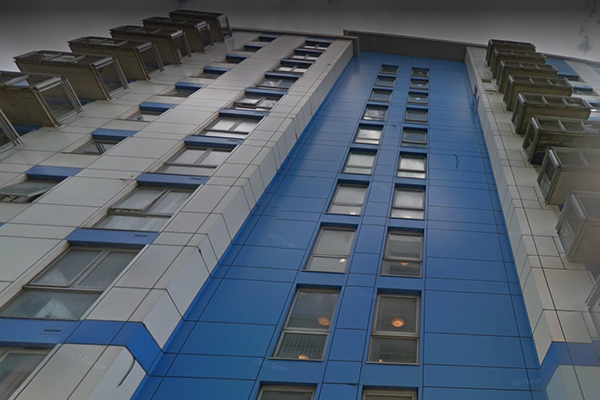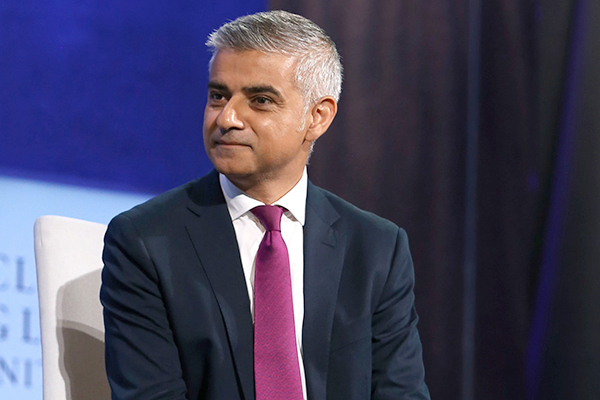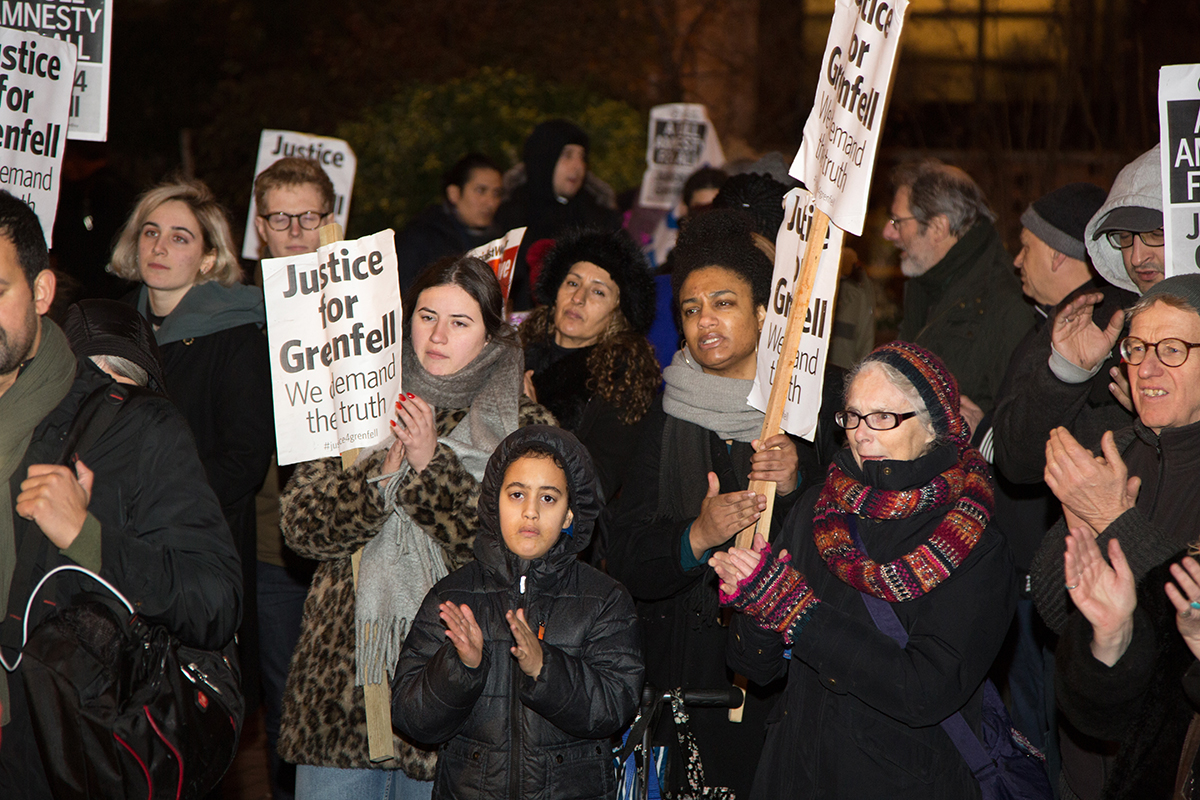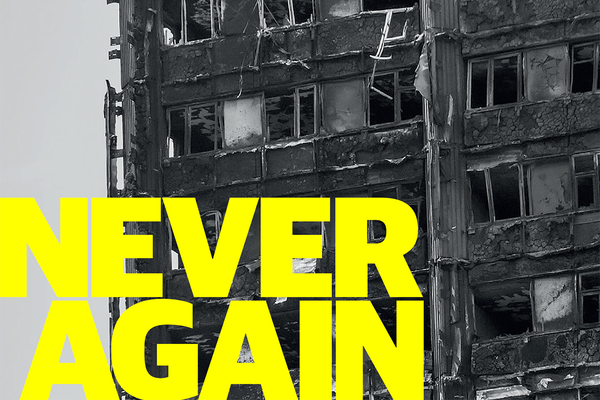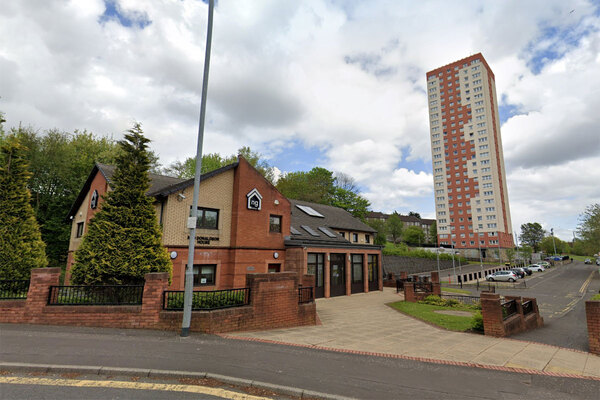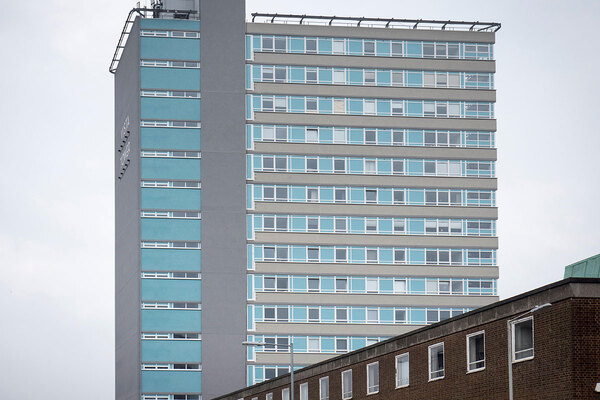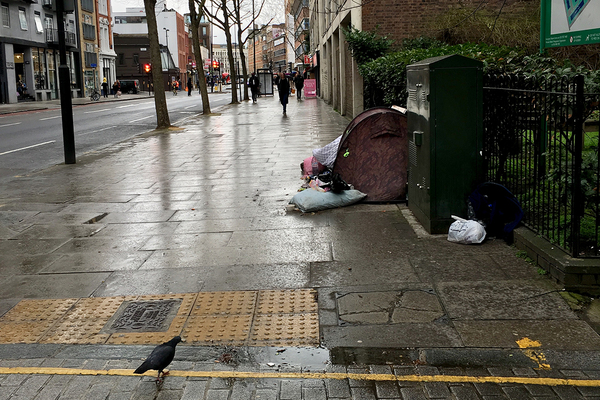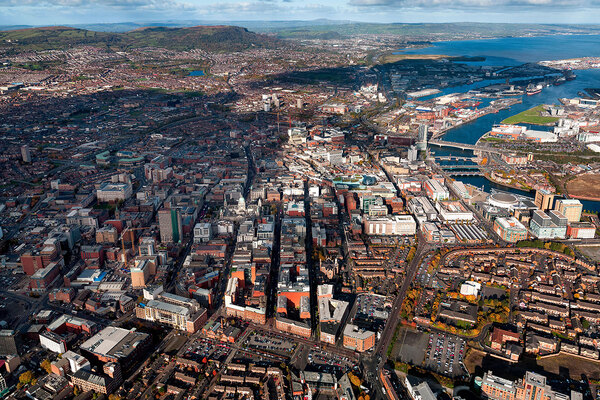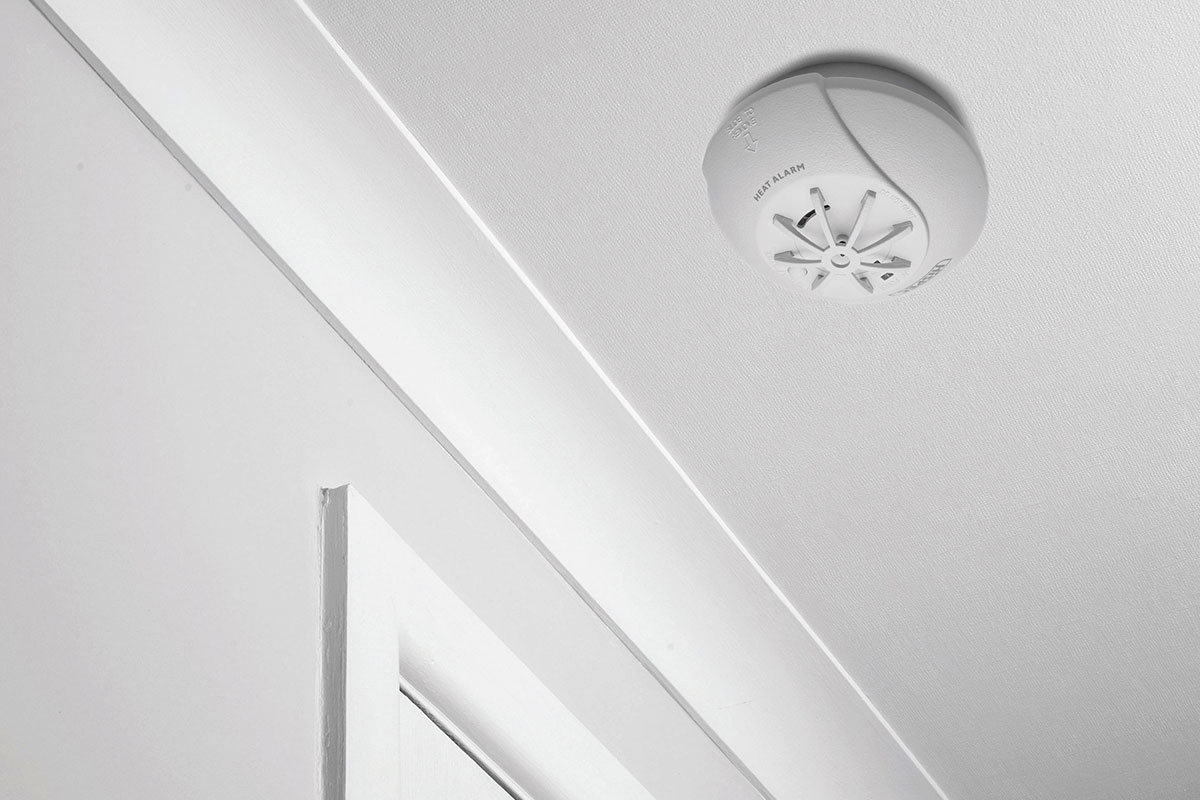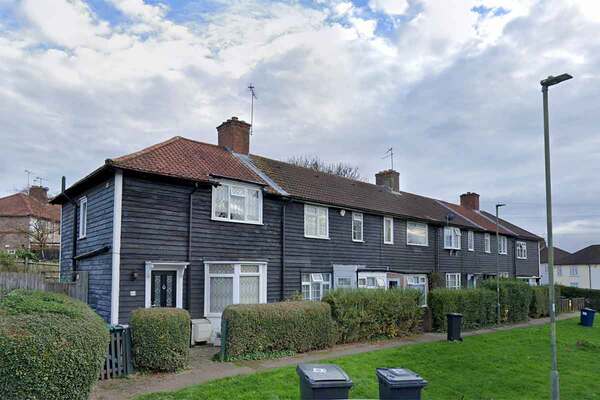You are viewing 1 of your 1 free articles
Who foots the bill for fire safety?
Is anybody going to take ownership of the issue of who pays for fire safety works?, asks Martin Hilditch
The uneasy relationship between leaseholders, private landlords and central and local government is one that is going to be at the forefront of debates about health and safety in 2018.
This is a developing picture, and there are a number of related concerns. In December, Inside Housing revealed the slow progress across the country in identifying the locations and ownership status of privately owned blocks – never mind whether or not they have aluminium composite material cladding.
Nick Forbes, leader of Newcastle Council, described this as a situation that “horrified” him at a Treasury select committee meeting in November.
Now, as predicted, another side to the story is emerging. In the past week there have been two tribunals looking into who is responsible for paying for fire safety work necessary following the Grenfell Tower fire.
These cases, involving privately owned blocks in Salford and Croydon, are likely to be the first of many. It’s a moral as well as a legal quagmire with a need to move quickly to protect lives, but also to acknowledge and mitigate the extreme financial problems this could cause some residents.
In Croydon, cladding on a private block might not be replaced until the property manager can collect enough money from leaseholder service charges, a tribunal heard this week. But delaying the work has a double impact.
First, that important fire safety work is delayed for longer than ideal. Second, additional costs (the case will sort out whether these will be borne by leaseholders or the property manager) for hiring for roles such as fire wardens will mount in the interim.
"It is difficult to foresee anyone taking ownership.”
Speaking to the son of a 95-year-old leaseholder living in that block, who said he had no idea how they would pay the cost if required, the judge in the Croydon case said that “leaving the legality to one side” everyone involved in the case “accepts it is a really difficult situation that you and your father find yourselves in”.
The government has not been silent on the issue. This week housing minister Dominic Raab, in an answer to a parliamentary question, reiterated the government’s stance that “we have been clear all along that it is for the owner of the property to conduct the required renovation and to bear the costs”.
He said the question about whether costs are being handed over to tenants unreasonably can be determined by the first-tier tribunal. “That is a legal issue and we cannot interfere in that, but morally, there are freeholders in the private sector who should be doing just as local authorities and associations are doing, and who should not be passing on any unreasonable cost to leaseholders or tenants.”
What is Mr Raab’s plan B if his plea for people to act “morally” results in little difference in behaviour? What does he see government’s moral role being in this?
Almost eight months on from Grenfell it is difficult to foresee anyone taking ownership of this issue or for anything other than more widespread, time-consuming legal battles.
Martin Hilditch, managing editor, Inside Housing
Never Again campaign
Inside Housing has launched a campaign to improve fire safety following the Grenfell Tower fire
Never Again: campaign asks
Inside Housing is calling for immediate action to implement the learning from the Lakanal House fire, and a commitment to act – without delay – on learning from the Grenfell Tower tragedy as it becomes available.
LANDLORDS
- Take immediate action to check cladding and external panels on tower blocks and take prompt, appropriate action to remedy any problems
- Update risk assessments using an appropriate, qualified expert.
- Commit to renewing assessments annually and after major repair or cladding work is carried out
- Review and update evacuation policies and ‘stay put’ advice in light of risk assessments, and communicate clearly to residents
GOVERNMENT
- Provide urgent advice on the installation and upkeep of external insulation
- Update and clarify building regulations immediately – with a commitment to update if additional learning emerges at a later date from the Grenfell inquiry
- Fund the retrofitting of sprinkler systems in all tower blocks across the UK (except where there are specific structural reasons not to do so)
We will submit evidence from our research to the Grenfell public inquiry.
The inquiry should look at why opportunities to implement learning that could have prevented the fire were missed, in order to ensure similar opportunities are acted on in the future.

